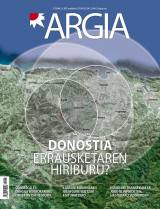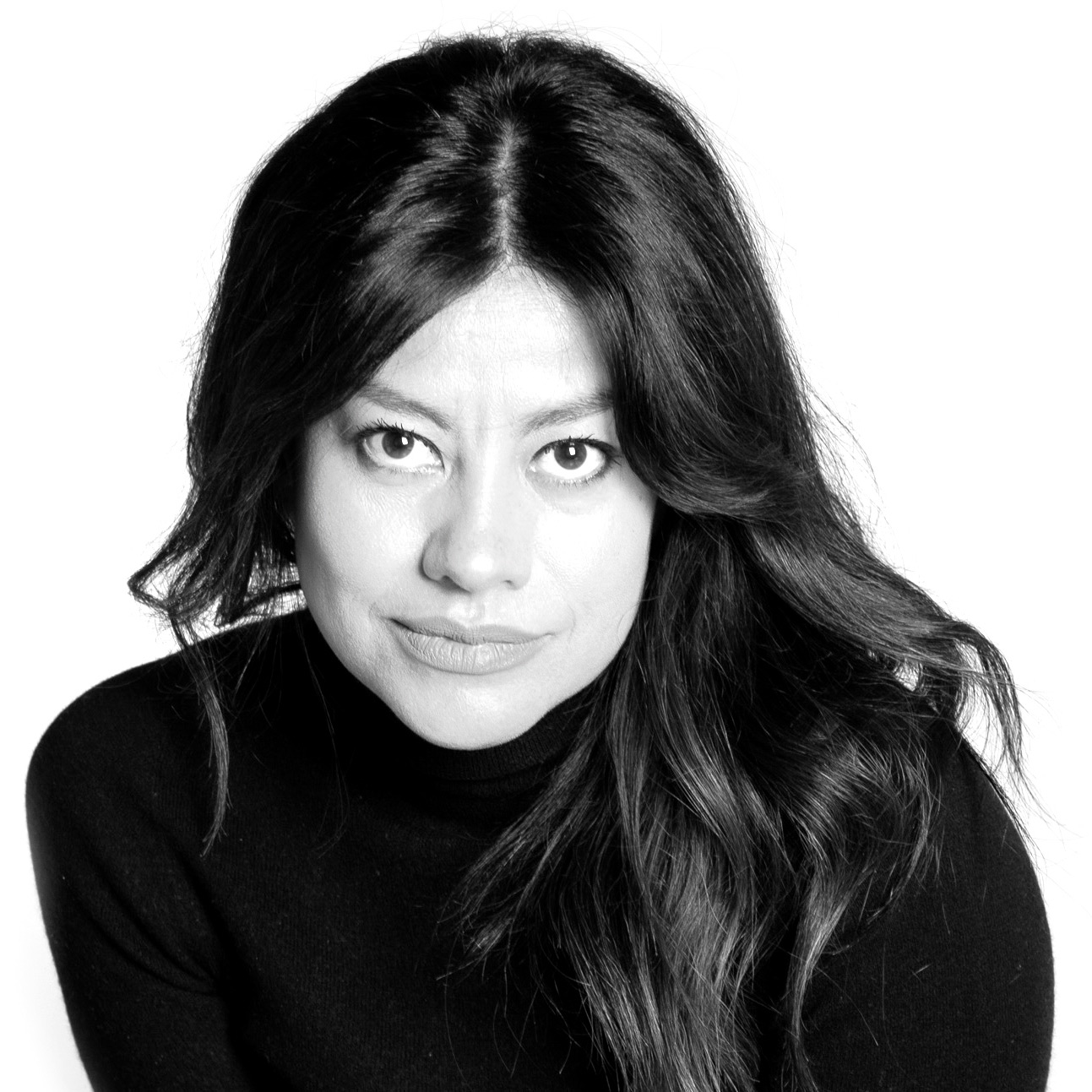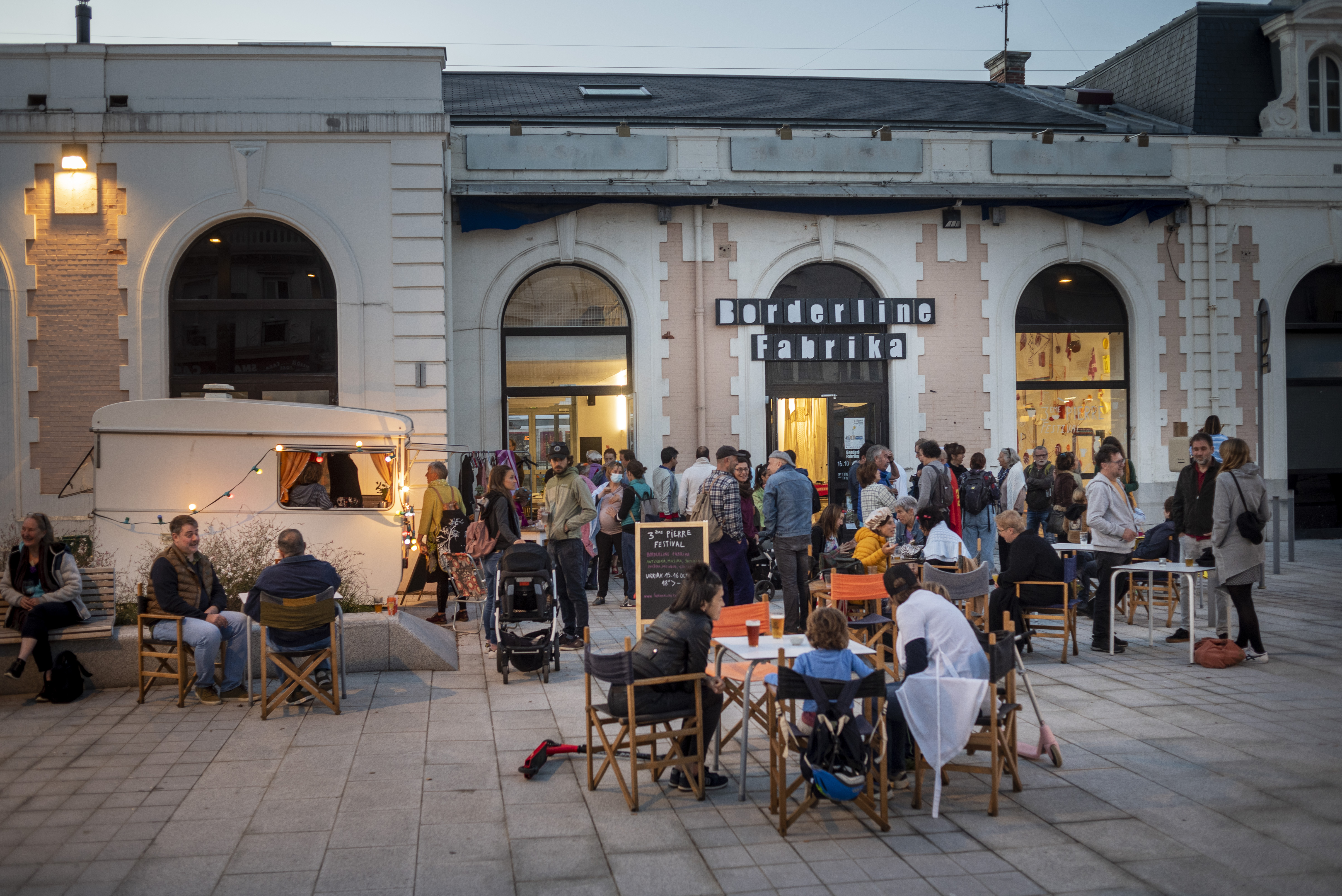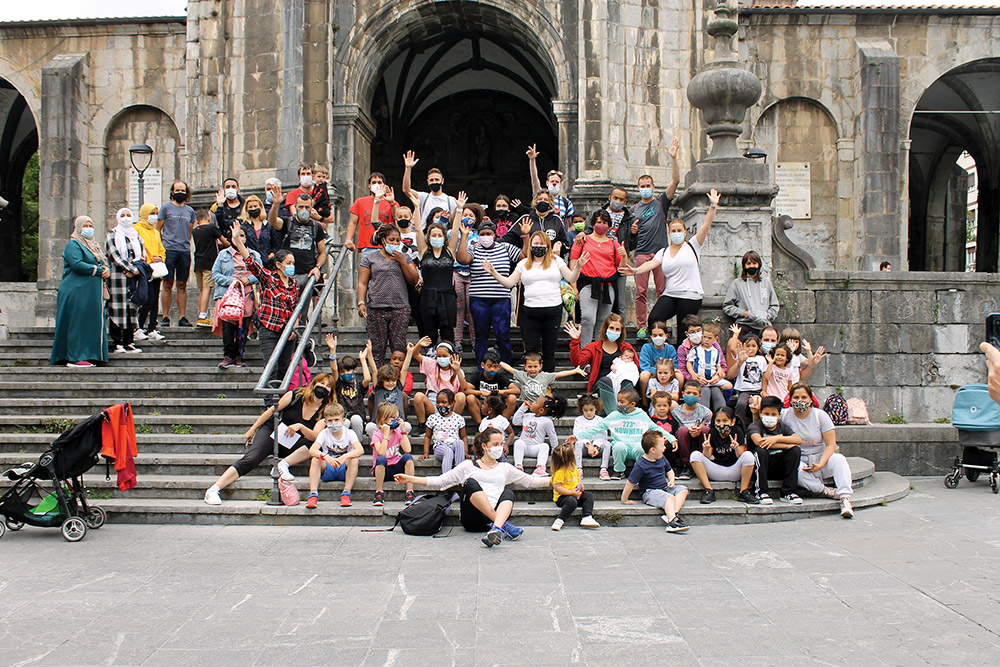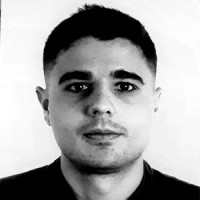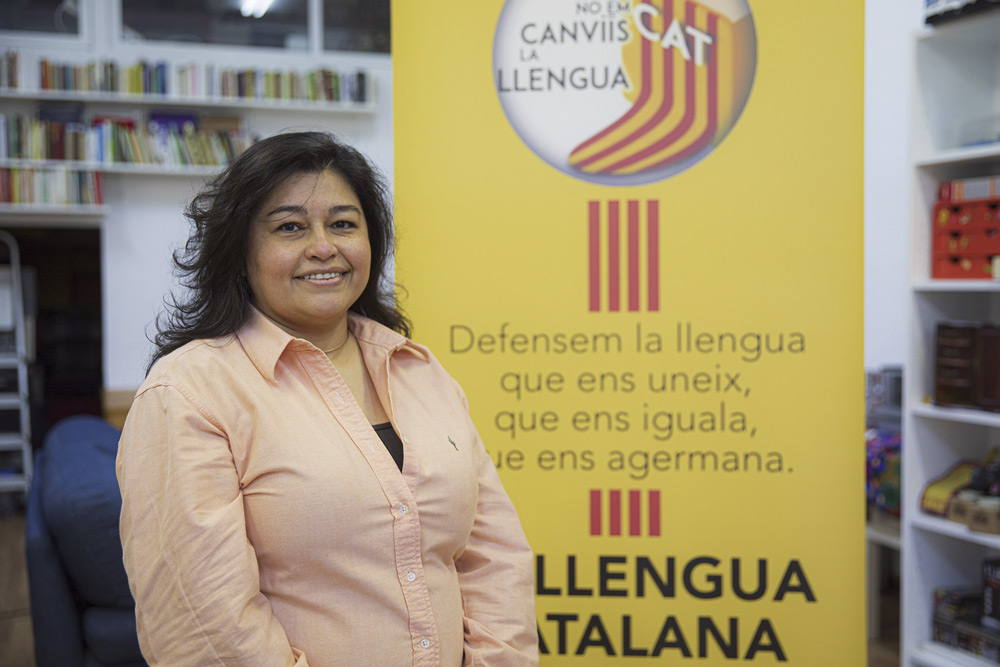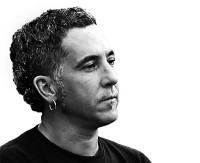Basque in the Andes, Kurdistan and Serbia
- There is no one who writes unintentionally, although Bost truke by Jon Sarasua has arrived without reluctance (Pamiela, 2015). His goal is linguistic cooperation, and his travels, and even the language people who have met here and there, make him reflect. There's no better way to think about the world.
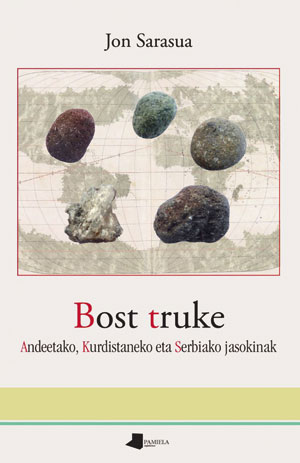
He thought it wasn't going to be much, that it was in five countries -- not only that, but it was a postcard -- he touched Professor Jon Sarasua between May 2014 and April 2015. In most cases, the member of Garabide attended Colombia, Bolivia, Kurdistan, Ecuador and Serbia, convened by the language association. According to Sarasua himself, “our north is to make a long-term journey with organized layers of the marrow of the speaking communities, to create sustainable bridges.” Sarasua has been dragged by the difficulty of doing so to five countries, and even though the country has named it, Garabide has doubts on the substance, “or it is up to me to say that I have been with pots, with queches, with Kurds… that I have to name the countries that he has asked for. In Bolivia, I spoke with the government and they were involved in different communities of speakers. And so why not say what state I've been with the Kurds? If I enter Kurdistan, why mention Ecuador and not the people of Quechua? Etc. Self-care of the Basques”. However, this is not the only remedy or it can have, since in the book there are many more real doubts than the certainties without respite. These uncertainties can be, in addition to those of Sarasua, those of a whole generation.
Jon Sarasua comes from the publication of Hiztunpolisa (Pamiela, 2013) and from the defense and dissemination of those who have become black in the blank, but this Bost is the yoke of an earlier, a book with notes collected in the work trips made to Brasilera, in the same way as Ertz (Argia, 2010). “Suddenly, when five different sets of notes were accumulated within a year, I felt that a circle had been formed that was able to prepare a book, as a snapshot of those exchange operations, as a picture of the one-year receptions.”
Beyond the speeches
Sarasua has not even gone to the media as it should. He is always a speaker, a speaker, an audience and a student. In the turn, it has brought us reflections such as these, which we share, to our liking.
And why, first of all, is the Basque the interlocutor in the various forums? “Why? What ‘merit’ does the people of the Basque Country have in order to create such recognition and attraction? In view of the mediocre situation of our language and our ‘refuge pilgrimage’, will we have to set an example to others? It should give us a little shame.” For example, that's the color that colors the book: the total willingness to move away from established clichés and from politically correct words and opinions.
Sarasua has participated, for example, in the implementation of a bill on linguistic rights in Ecuador. Sarasua bears the experience of Euskal Herria behind her shoulders: “Can you imagine an Euskalzulo ‘fogoso’ as I do applying rebates to the boldest items proposed by the Ecuadorian group? The grumpy is cautious. He wants a good law, better than ever, but he wants to sell it. And without knowing much, he's playing his cards. And learning, especially learning a lot.” However, the text being drafted is not a law, but a draft preliminary draft. “And on the absolute scale of goodness, the better [the Draft Bill], the harder it is to get ahead. This is the theme of languages in the world.” In the word and in the mouth always a “very important” language, but in reality, on the agenda of many political issues and second- or third-degree popular agents. She complains: “Struggling leaders don’t convey the language to their children.” We could also say, “That’s how the topic of languages is in the world,” and in Basque Country Herria.
Beyond speeches, always
On another occasion, Jon Sarasua will see himself as a silent witness to the conference he has held in Colombia. “In the questions, comments and mini-speeches after the conference, one takes the temperature of its impact. Today most have escaped me, most have worked on the platform, especially the older ones.” Sarasua begins his speech by writing with a large letter Want on the board: “… and I’ve asked what they really want, what they want to be. You may want to remain on the sidelines and you may want to be a Colombian farmer. Both are allowed. But what does each one really want, beyond speeches? I've been silent for a couple of minutes." “Nahi,” what does each of us want?
A few days after the conference to which we have referred, Sarasua has forged in Colombia the stage of negotiation between indigenous people and the government. Sarasua is at the congress of the indigenous people of the north. “Here there is no linguistic account in the days of the communities of the previous day. I didn't understand 60 percent of them. Here I understand everything: They say ‘good morning’ about the platform and directly in Spanish.” There, and here, always beyond speeches.
The merit and merit of the Five Exchanges of Sarasua is that, not against, we make ourselves walk along the daily human paths that living beings walk along with surveys that come from the cold, that appear without tabs, that ask and answer us – not always – that we look and see the world around us, that they dialogue us with the stranger, that they understand us with the word. Sarasua, in the marrow, has joined the platform, in the Aimar, in the Kurdish, in the Quechua, in the Slavic. The Basque people. He lives in the present, between the past and the future of the Zangalaric language, a pilgrim.
Pontificia Universidad Católica del Ecuador-eko irakasle da Marleen Haboud. Hartaz ari da Jon Sarasua: “Badu altxor bat esku artean: herrialdeko azterketa geolinguistiko-soziolinguistikoa (…) hiztun komunitate guztietan ikerketa itzela egin dute, dozenaka pertsona prestatu eta mobilizatuz, komunitate txikietan elkarrizketak eginez, inkestatu bakoitza gps bidez geoerreferentziatuz. Hizkuntzen egoeraren argazki aparta egin dute, aurrekaririk gabeko zehaztasun eta sakontasunez. Hizkuntzaren ezagutza, erabilera, transmisioa, jarrerak eta beste hainbat gai landu dituzte elkarrizketa bakoitzean. 1.500 elkarrizketa baino gehiago bildua dute.
Duela 30 urte antzeko ikerketa egin zuen Haboudek, mendikatean. Hiru hamarraldi pasata, bi argazkiak parean jartzeak asko esaten du.
Estatistiken grafikoak koloretan ikustea ileak tente jartzekoa da. Kitxua elebakarren kopurua, elebidunena eta gazteleradun elebakarrena kolore banatan adierazita, hiru belaunaldiren arteko bilakaera begietatik sartzen da. Ez dago diskurtso handien beharrik: grafiko horiek esaten dute esan beharrekoa. Hizkuntzen egoeraz dagoen (in)kontzientzia lausoa mugiarazteko moduko marrazkiak dira (…) eragin handikoa litzateke ikerketaren sintesia klase politikoak begien aurrean izatea. Jendea falta horretarako. Eta datu gorriak unibertsitatean geldi”.
International Migrants Day is celebrated on 18 December. Last year, an institutional event was held at the Alhóndiga in Bilbao in cooperation with the social partners and I was invited to participate. There I had an unbeatable opportunity to meet new creators and, above all, to... [+]
Dorleta Mikeok esango digu elkarrekin baina nahastu gabe bizi garela, ez dagoela bizikidetzarik bertakoen eta beste jatorri batzuetatik etorritako familien artean. Mikeo eta Lola Boluda Donostiako Egia auzoan, Aitor ikastolako jolastokian, abiaburua izan zuen egitasmoa garatzen... [+]
The current Basque society is culturally very diverse, people from different backgrounds live in the municipalities, and our centers have noticed this cultural diversity, as in recent courses the enrolment of foreign students has increased considerably. According to the latest... [+]
Rosario Palomino Liman (Peru) jaio zen eta 30 urtetik gora daramatza Bartzelonan bizitzen. Katalanez erraz egiten du, eta hala ere, katalan hiztunek gaztelaniaz egiten diote, kanpotar itxura duelako. Badaki errespetuaren izenean egiten diotela gaztelaniaz, baina bera... [+]
But the rain has come at the end: How to hold Euskal Herria so green, if not,” they say. And he really has it. But in our mother's country, the earth acquires a dark tile color when it rains, as if it wasn't very clear what it's made of: tiles by land or tiles. Green meadows are... [+]
Serious situation? To whom is the extremely serious situation addressed? Who cares? If the 2018 studies, studies and surveys show that the Basque lives behind his culture, who cares?
My friend told me what it's hard to get together, at dawn, when we were in Azpeitia Square... [+]









